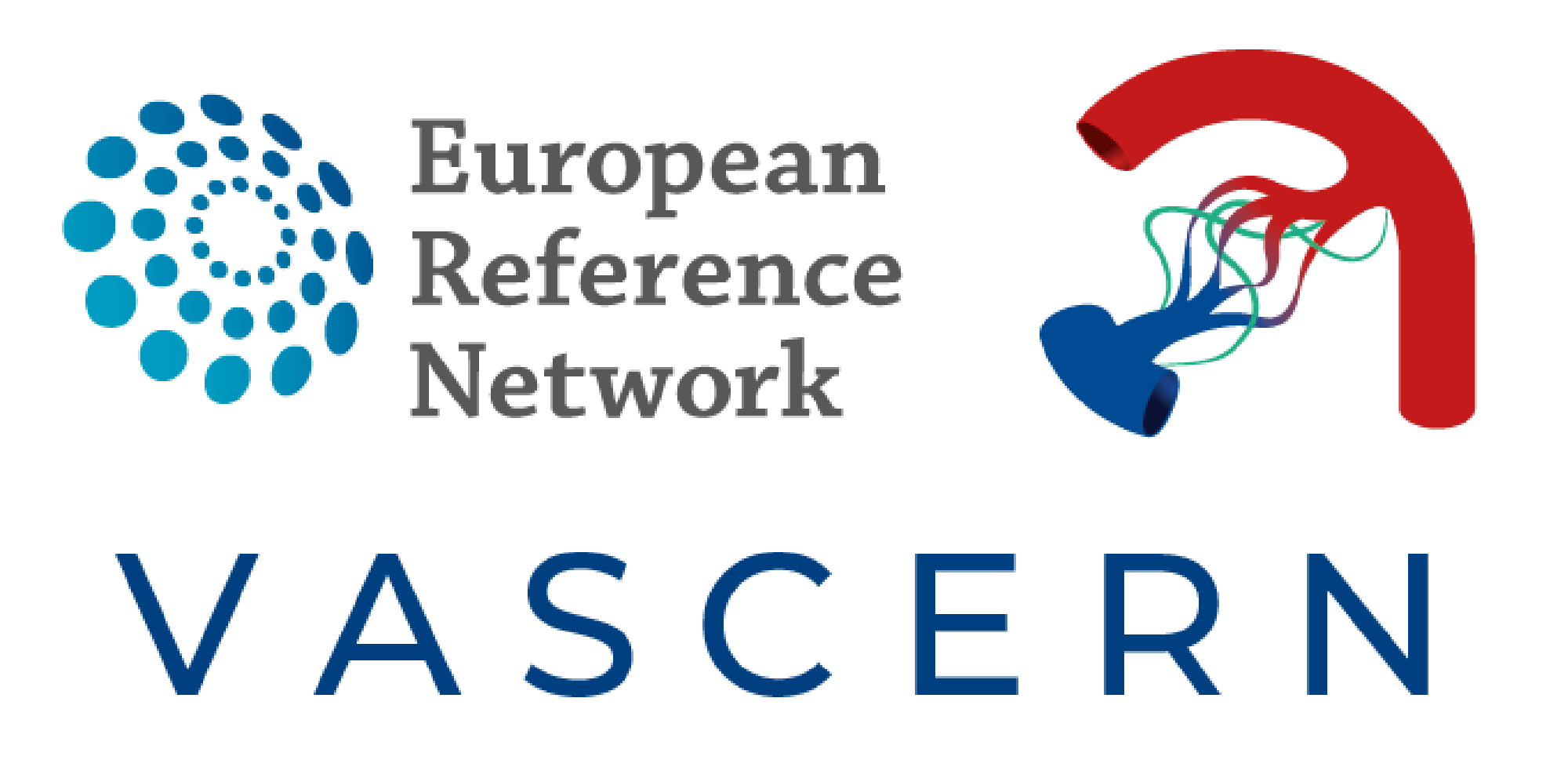
The VASCERN Hereditary Hemorrhagic Telangiectasia (HHT) Working Group held its spring meeting on May 31, 2024.

This event showcased a robust agenda aimed at driving critical advancements in HHT research, patient care, and clinical practices. Gathering experts and patient advocates, the meeting underscored a unified commitment to tackling the complexities of HHT and improving patient outcomes. Here’s an in-depth look at the key discussions and outcomes from the meeting.
The meeting kicked off with a welcome address from Dr. Sophie Dupuis-Girod, Chair of the HHT Working Group, which set the stage for a day full of important discussions and planning.
Research Initiatives
The morning session started with a focused discussion on advancing the Bevacizumab research. This vital study explores the potential benefits of Bevacizumab in treating HHT. The group outlined actionable steps to ensure that research findings are swiftly translated into clinical practice. This was followed by an in-depth look at SAIPAN-Lia, a critical project within the group’s research portfolio. The findings of their recent contraception questionnaire was presented, emphasizing the importance of reproductive health management for those living with HHT. Prof. Claire Shovlin also introduced new research projects, showcasing innovative approaches and upcoming studies that promise to deepen the understanding of HHT.
Guidelines for Travel and Epistaxis Management
Travel safety and epistaxis (nosebleed) management were also critical topics. Experts discussed essential guidelines for HHT patients, providing do’s and don’ts for flying and managing frequent nosebleeds. These insights are invaluable for improving the quality of life for those affected by HHT.
Training and Education
The morning session concluded with plans for the next BEE (Best Evidence Education) meeting, scheduled for 2025. Discussions focused on potential dates and locations, as well as the involvement of emerging researchers. This ensures a continuous influx of fresh ideas and perspectives in the field. Additionally, the Summer School program was highlighted. This initiative aims to train and inspire the next generation of rare vascular disease experts, including those specializing in HHT, ensuring sustained progress in the field.
Updates on VASCERN and CIROCO HHT Registry
In the afternoon, Julie Hallac, VASCERN Project Manager, provided comprehensive updates on VASCERN’s activities. This was followed by a detailed overview of the CIROCO HHT Registry from the registry team. These updates are crucial for assessing progress and determining next steps.
PROMs and Clinical Case Discussions
The significance of Patient-Reported Outcome Measures (PROMs) in the HHT field was emphasized, with discussions on how these measures can enhance clinical practices by incorporating patient feedback. The meeting concluded with presentations of clinical cases, providing practical insights and fostering collaborative problem-solving.
Conclusion
The VASCERN HHT Working Group Spring Meeting was a resounding success, marking the conclusion of the 2024 spring meetings. The discussions pave the way for continued progress in HHT care and research. The group remains dedicated to advancing the field through innovative research, comprehensive patient care, and collaborative efforts.
We extend our heartfelt thanks to all participants for their valuable contributions. For more information and resources from the Hereditary Hemorrhagic Telangiectasia Working Group, please visit their dedicated page here.
